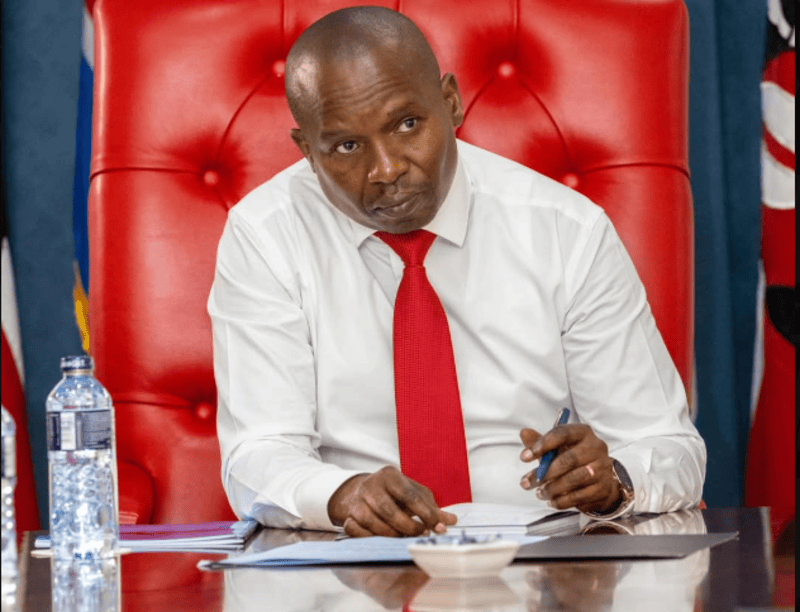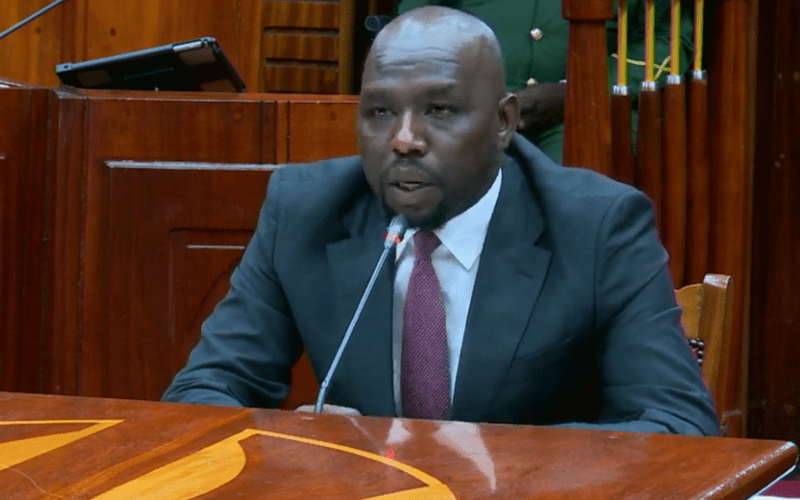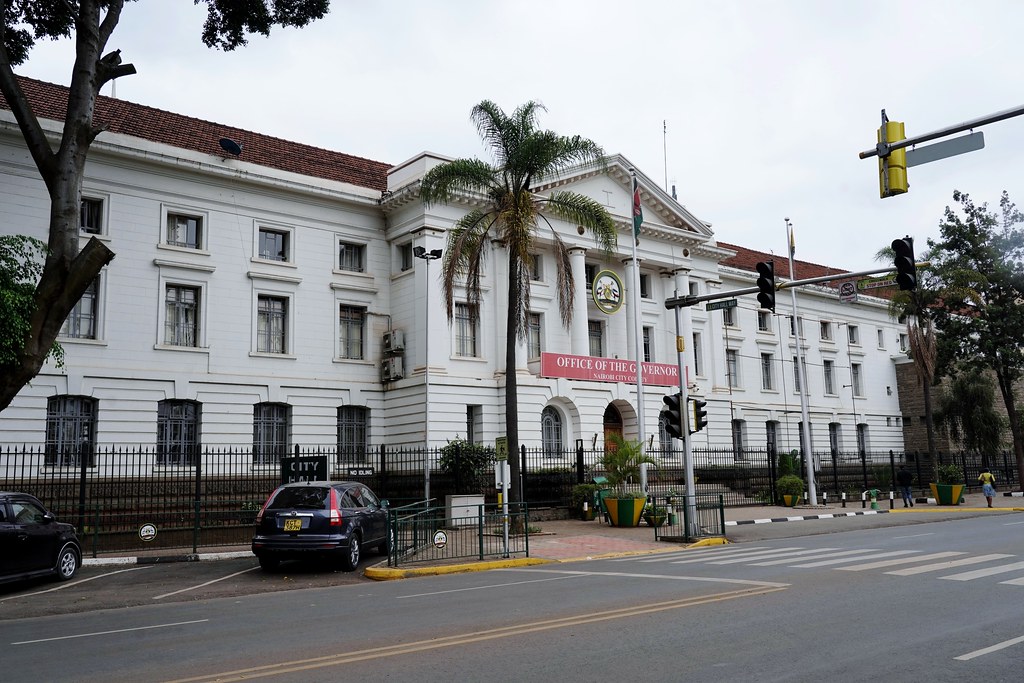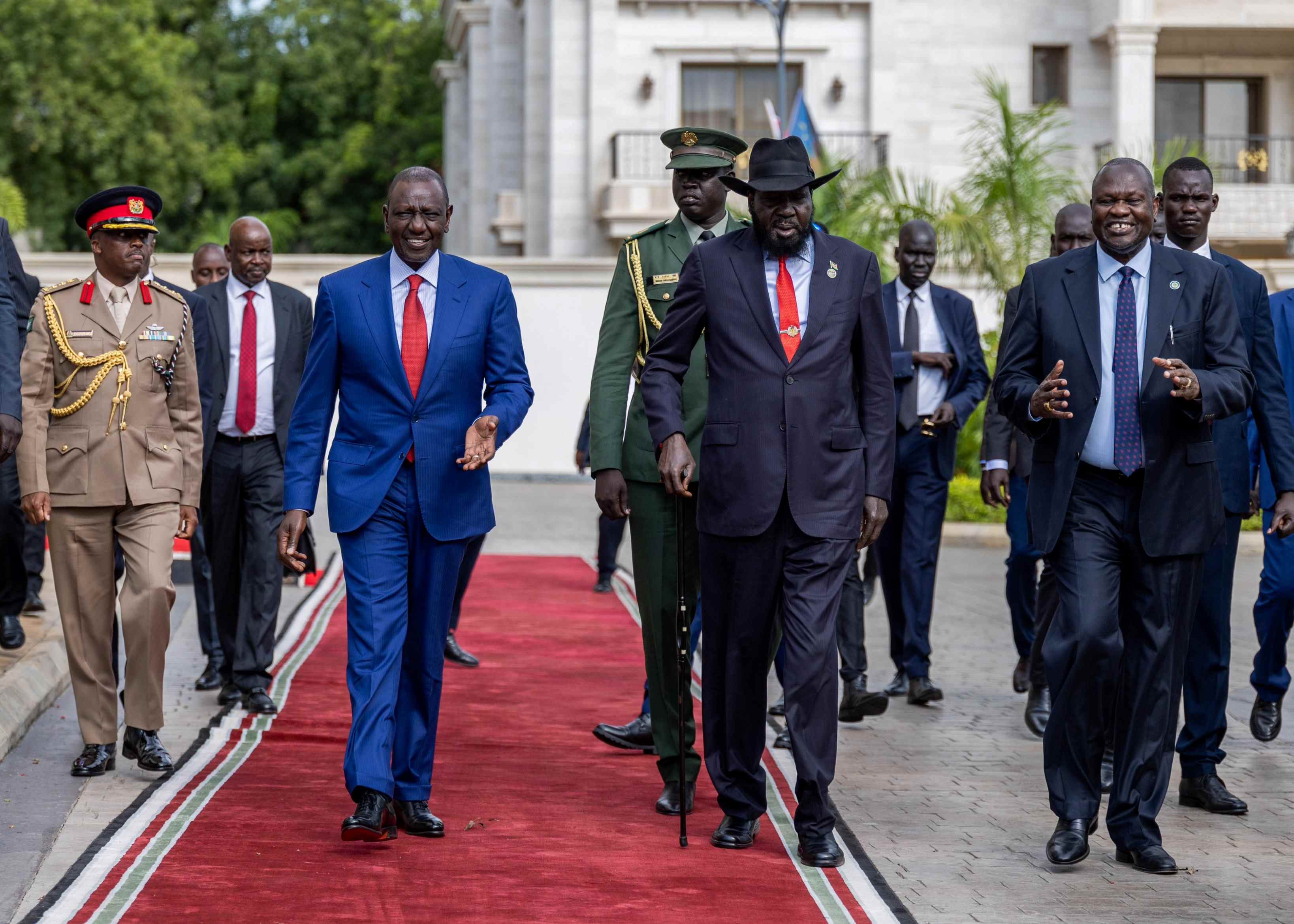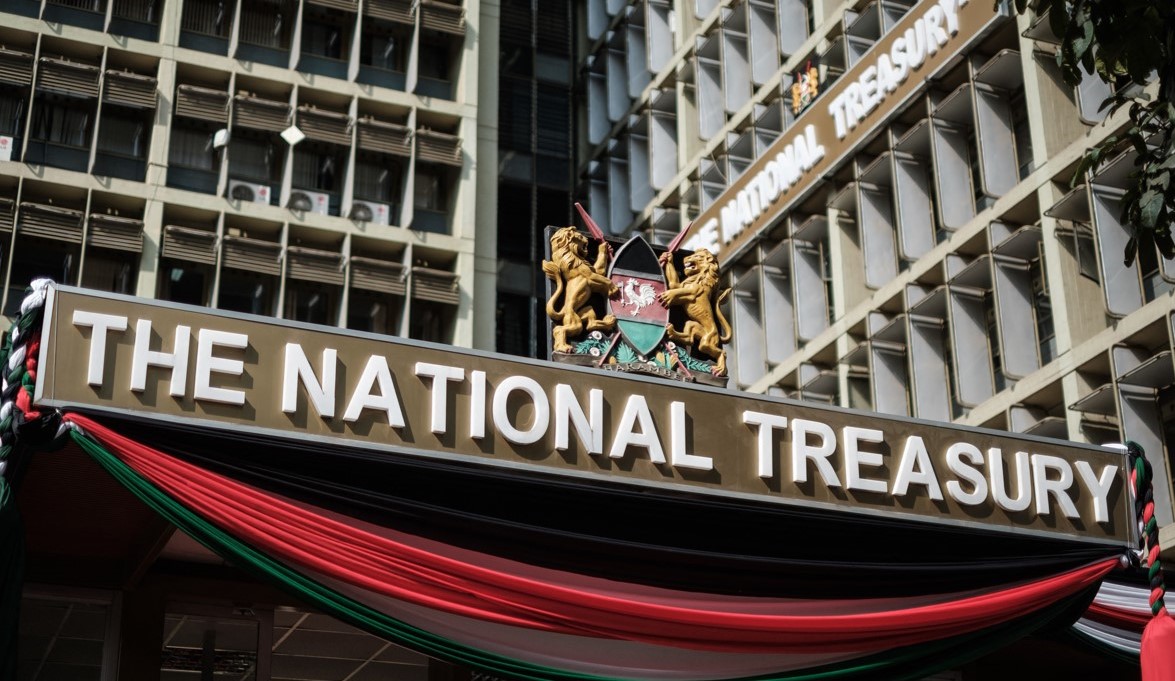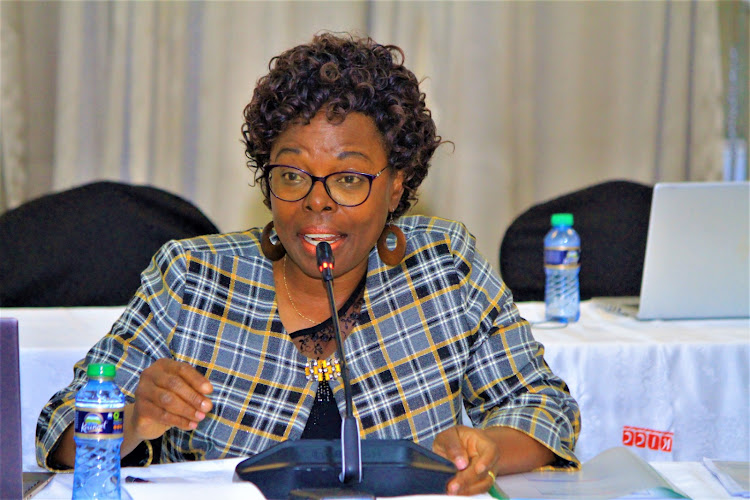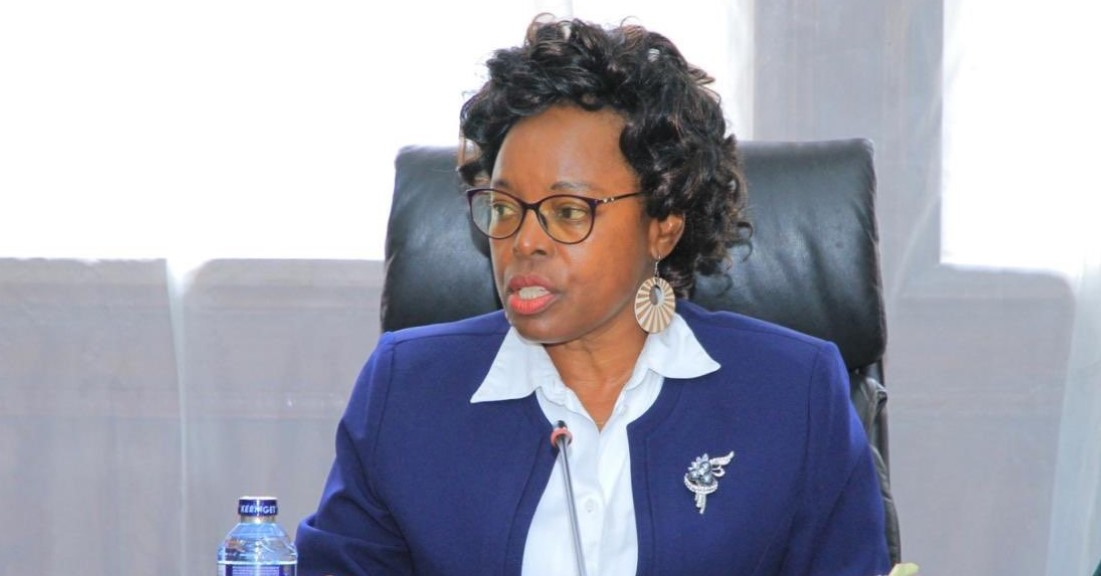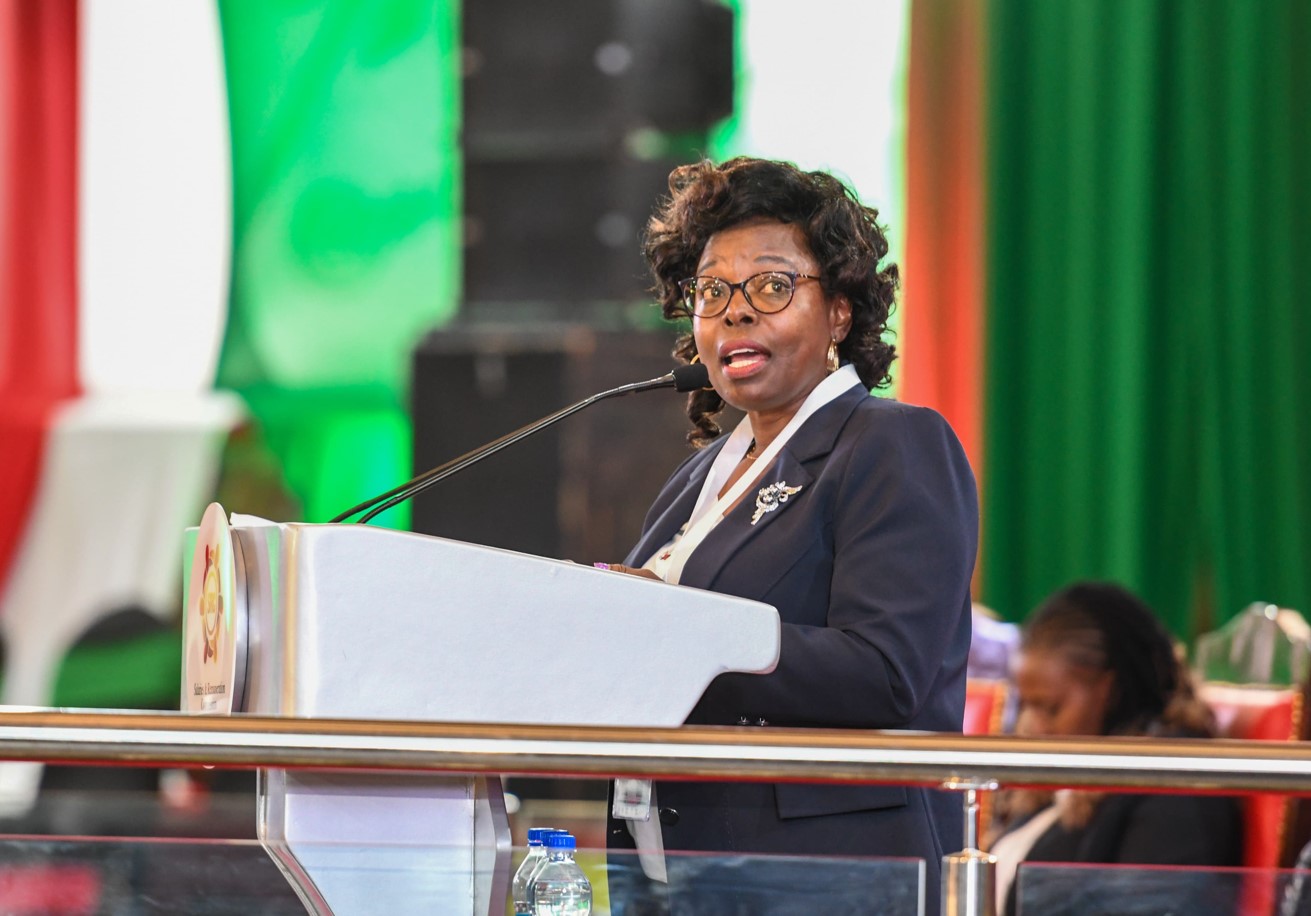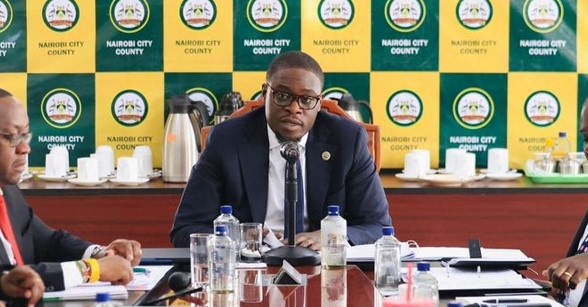Controller of budget reports Sh100 billion reduction in pending bills
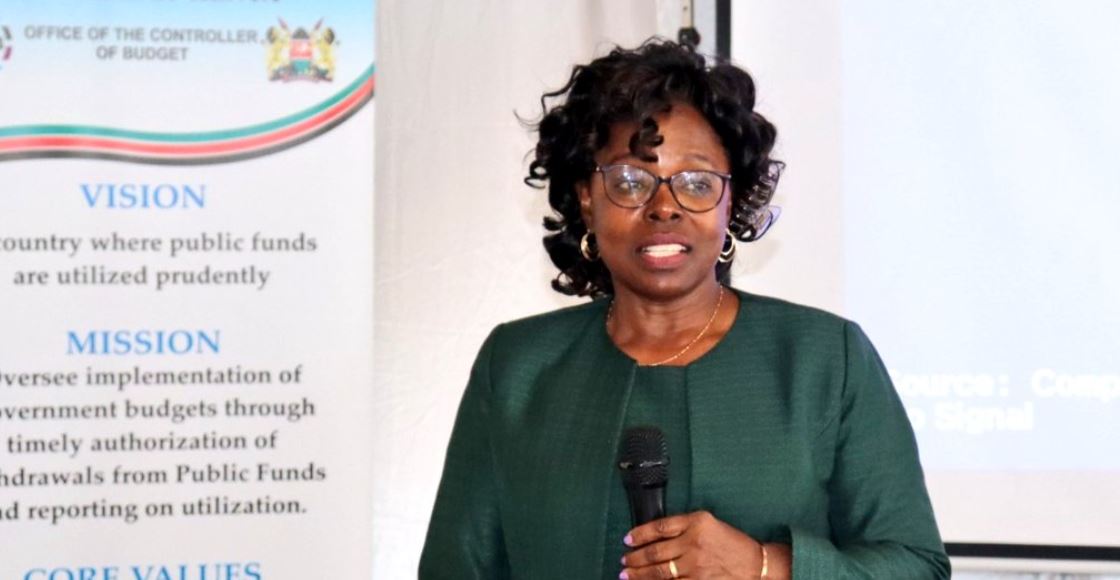
By Lucy Mumbi |
A report by the Controller of Budget Margaret Nyakang’o has revealed a Sh106.55 billion reduction in the national government’s pending bills during President William Ruto’s second year in office.
The report, which covers the 2023-24 fiscal period, shows that as of June 30, 2024, pending bills stood at Sh516.27 billion, a significant drop from Sh622.82 billion recorded during the same period last year.
Keep reading
- Senators push for stronger budget oversight to tackle counties' debt crisis
- Counties' use of manual payrolls creates loopholes for ghost workers – Nyakang'o
- Kindiki urges counties, Controller of Budget to work harmoniously in resource allocation
- Counties turn to expensive loans to cover essential expenses amid Treasury delays
This marks the first major decline in pending bills in several years. The reduction is largely attributed to the government’s decision to halt new capital-intensive projects to focus on completing ongoing ones.
“The total national government pending bills as of 30th June 2024 amounted to Sh516.27 billion, compared to Sh622.82 billion reported as of 30th June 2023,” reads the report.
According to the report, state corporations owe Sh379.81 billion, while ministries, departments, and agencies (MDAs) owe Sh136.45 billion. Among the MDAs, Sh100.73 billion is for recurrent expenditure, while Sh35.72 billion is tied to development spending.
During the period under review, a decline of Sh42.18 billion was recorded in MDAs’ pending bills. The report also highlighted that state corporations’ bills mainly include payments due to contractors, suppliers, unremitted statutory deductions, and pension arrears.
“The highest percentage of the state corporations’ pending bills (Sh235 billion as of 30th June 2024) was for contractors/projects at 62 per cent, followed by pension arrears at 13 per cent,” reads the report.
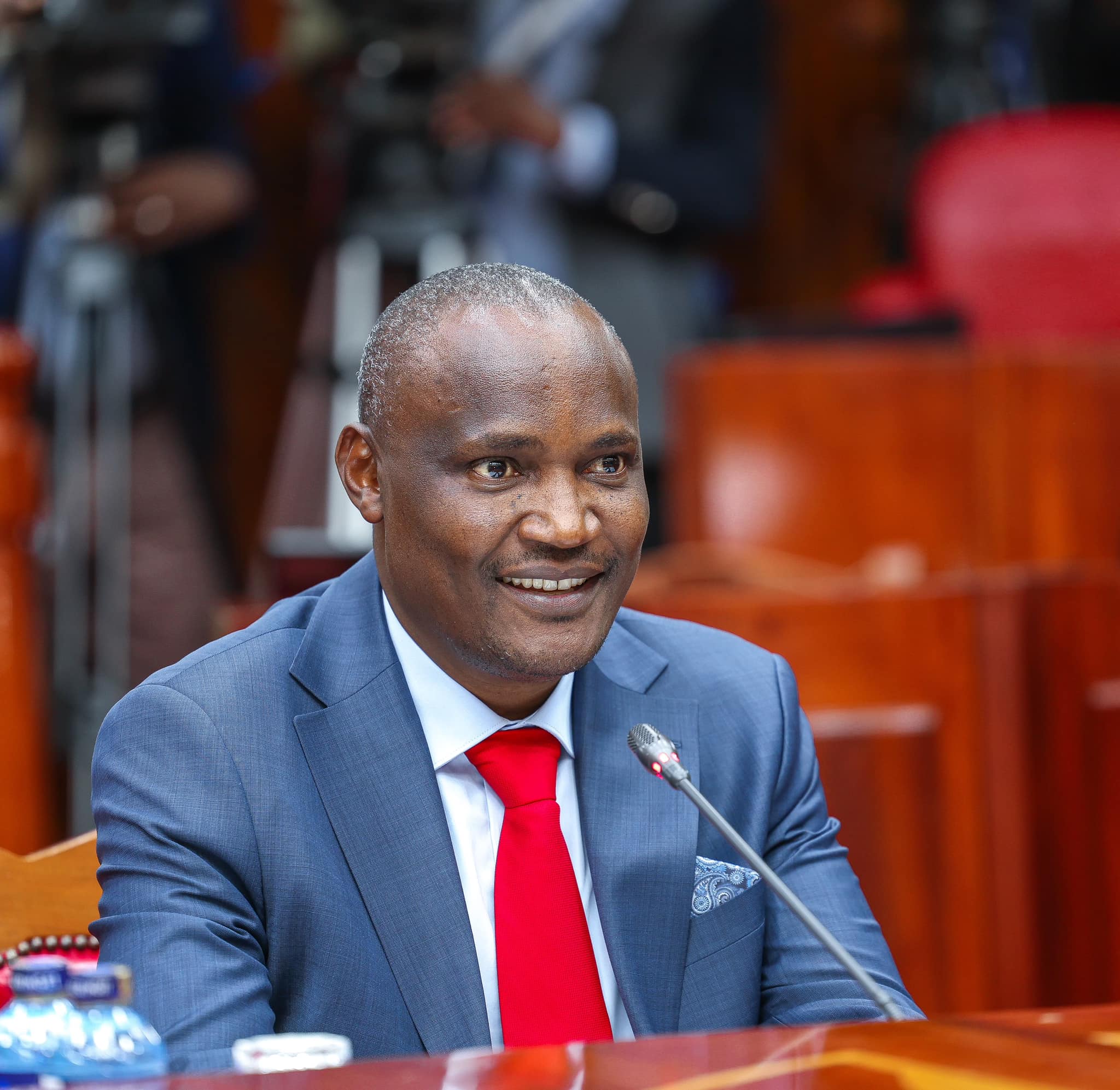 John Mbadi, Treasury CS, appears before the National Assembly’s Committee on Appointments on Saturday, August 3, 2024. (Photo: Parliament)
John Mbadi, Treasury CS, appears before the National Assembly’s Committee on Appointments on Saturday, August 3, 2024. (Photo: Parliament)
The report comes at a time when the government is under pressure to settle its pending bills, as many contractors and suppliers continue to face financial hardship.
Last year, the government established a pending bills verification committee following a Cabinet resolution to audit the outstanding bills owed by both the national and county governments.
Former Auditor General Edward Ouko led the committee in its task of verifying bills accumulated between 2005 and 2022 to ascertain their actual value prior to payment.
The Controller of Budget is required by Article 228(6) of the Constitution and Section 9 of the Controller of Budget Act, Cap 429, to submit budget implementation reports to Parliament for both national and county governments within 30 days after the end of each quarter.
Meanwhile, Treasury Cabinet Secretary John Mbadi, during his vetting, pledged to introduce a new accounting system aimed at addressing the issue of the pending bills.
He emphasised the importance of ensuring that older bills are prioritised over newer ones.
“I will make sure that we have a system in place that locks anyone who attempts to pay a new bill and ignores an old one. The system can lock you out, so that first in, first out. If a bill is supposed to be payable, let it be paid," Mbadi told the vetting panel, chaired by Speaker Moses Wetang’ula.
Reader comments
Follow Us and Stay Connected!
We'd love for you to join our community and stay updated with our latest stories and updates. Follow us on our social media channels and be part of the conversation!
Let's stay connected and keep the dialogue going!

